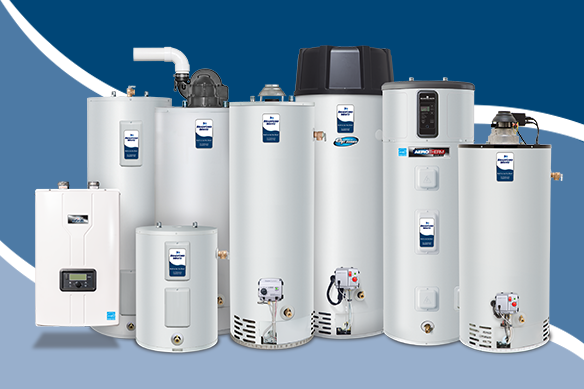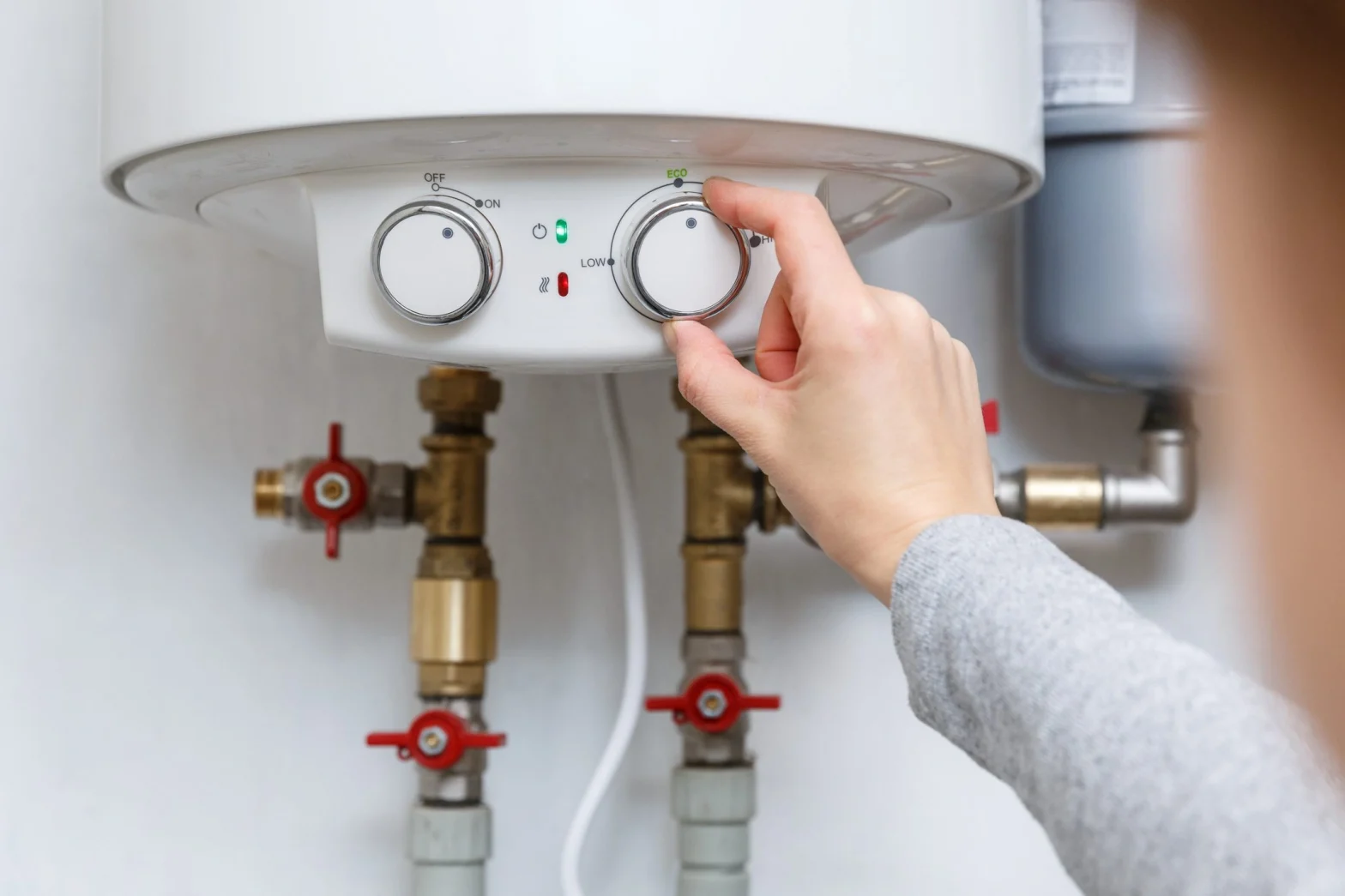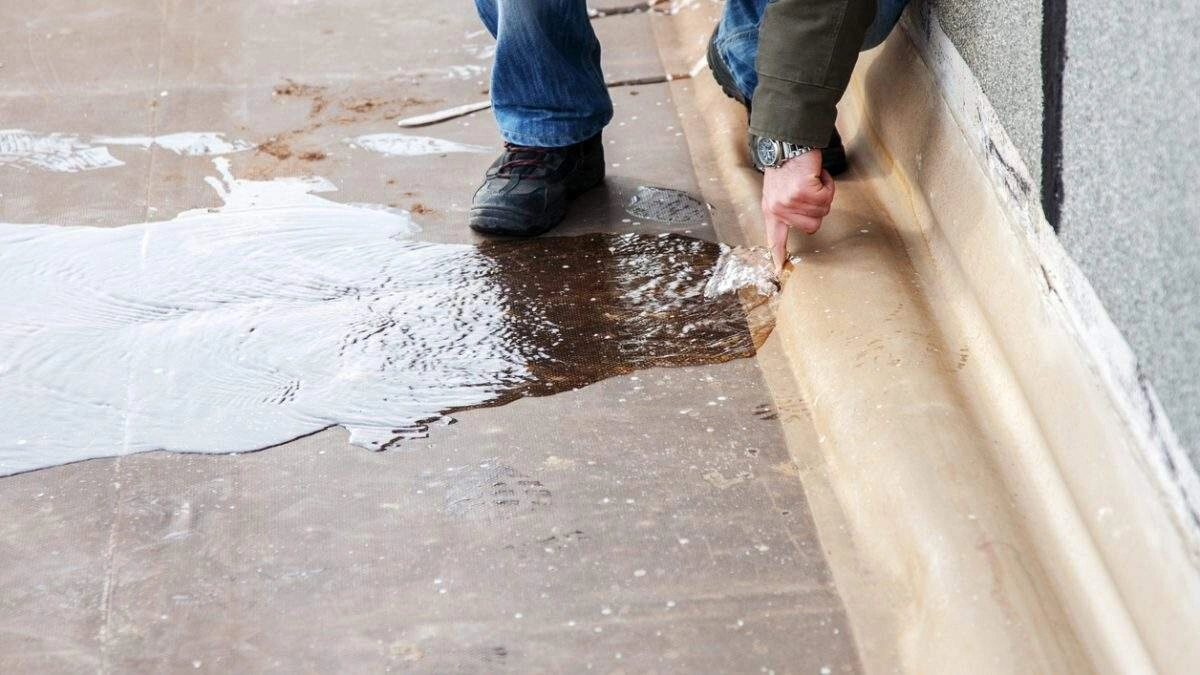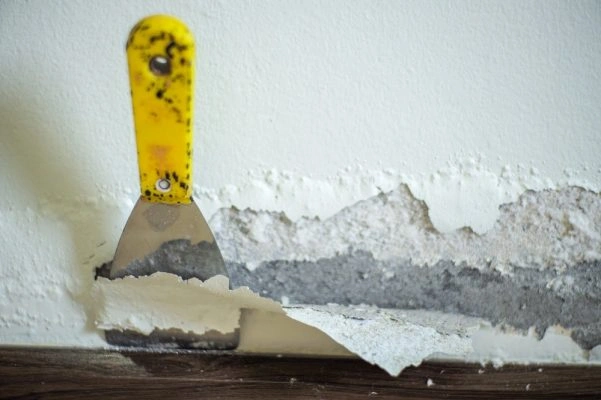How to Choose the Best Water Heater for Your Home | A Guide
When selecting a water heater for your home, the decision can often feel overwhelming due to the variety of models available. However, choosing the right water heating system is essential not only for your comfort but also for the efficiency and sustainability of your home. Whether you’re looking to save on energy costs, improve your home’s overall efficiency, or simply replace an outdated model, understanding the different types of water heating systems is crucial.
This guide will walk you through the most common options: tankless, solar, and conventional water heaters, helping you make an informed decision tailored to your needs and home setup.
Recommended reading: How to prevent future slab leak
Understanding the Different Types of Water Heaters
1. Conventional Storage-Tank Water Heaters
The traditional tank-style water heater has been a staple in homes for many years. These models store a large volume of water, typically ranging from 30 to 80 gallons, and heat it using either gas or electricity. The primary advantage of conventional boilers is their reliability and low initial cost. If you have a large family or high water demand, a traditional hot water system can provide ample hot water whenever needed.
One of the key considerations with conventional water heating systems is their energy efficiency. These systems are generally more affordable upfront than other types, making them a popular choice for homeowners on a budget. However, they do come with some downsides. Over time, the stored water continuously heats to the desired temperature, even when not in use. This standby heat loss can increase energy costs, especially in older units. However, modern versions are designed with improved insulation to mitigate this issue, and they come with various energy efficiency ratings to help you find an optimal solution for your home
Ideal for: Families with consistent water usage and homes with enough space for a water tank.
2. Tankless (On-Demand) Water Heaters
Tankless water heaters, also known as on-demand water heaters, are a more recent innovation in water heating technology. Unlike their conventional counterparts, tankless models do not store hot water. Instead, they heat water instantly as it flows through the system. This means you never run out of hot water, making tankless heaters an ideal option for homes with high water usage or households needing hot water simultaneously.
Tankless water heating systems are highly energy-efficient because they only heat water when it’s needed, eliminating the standby energy loss associated with traditional tank heaters. This feature can lead to significant savings on your energy bills over time. However, it’s important to note that the initial installation cost for a tankless system can be higher, and it may require an upgrade to your home’s electrical or gas system, especially for larger models.
Additionally, while tankless heaters are excellent for providing continuous hot water, they do have a limit on flow rate. This means that the hot water flow could be reduced if multiple appliances or showers are being used simultaneously. Choosing a properly sized tankless water heater for homes with high water demands is essential to ensure optimal performance.
These systems are much smaller, freeing up valuable space in your home. However, the initial cost of a tankless thermal heating system is higher than that of a conventional model. Installing can be more complex, sometimes requiring gas or electrical system upgrades.
Ideal for: Homes with limited space, energy-conscious homeowners, and families that use hot water.
3. Solar Water Heaters
Solar water heaters offer a green and energy-efficient solution for those looking to take a more sustainable approach. Solar boilers utilize solar panels installed on your roof to capture sunlight and convert it into energy to heat your water. These systems typically consist of a solar collector, a storage tank, and a backup heating system for cloudy days or periods of low sunlight.
The biggest advantage of solar hot water systems is their environmental impact. By using renewable solar energy, these systems can drastically reduce your home’s carbon footprint. Furthermore, once the system is installed, the operating costs are minimal, as sunlight is free. Solar water heaters are especially cost-effective in sunny regions and can significantly save energy bills over the long term.
However, the initial installation cost for a solar thermal heater can be high, and the system requires adequate roof space for solar panels. Additionally, their efficiency directly depends on the amount of sunlight available, so they may not be the best option for areas with long periods of overcast weather or cold climates.
Ideal for: Homeowners committed to sustainability and those living in sunny regions.
4. Heat Pump Water Heaters (Hybrid Models)
A heat pump water boiler, also known as a hybrid water heater, is an advanced system that efficiently heats water by extracting heat from the surrounding air. Unlike conventional electric water heating systems, which generate heat directly, heat pumps use electricity to transfer heat, making them significantly more energy-efficient. This can lead to considerable savings on energy bills, particularly in regions with warmer climates where they operate most efficiently.
However, there are some considerations to keep in mind. Heat pump thermal heaters require a fair amount of space and adequate airflow to function correctly. They also tend to have a higher upfront cost compared to traditional models, but this investment can pay off through long-term energy savings. Additionally, because they rely on ambient air temperature, they may not perform as effectively in colder climates or small, enclosed spaces.
Ideal for: Homeowners prioritizing energy efficiency who have sufficient space for installation and live in warmer environments.
5. Condensing Water Heaters
Condensing water heaters offer an excellent solution for homes that rely on natural gas and require a high-efficiency water heating system. These systems function similarly to conventional gas thermal heaters but with one major improvement: they capture and reuse hot exhaust gases that would otherwise be lost, making them far more efficient. This process reduces fuel consumption, lowers energy bills, and minimizes environmental impact.
Condensing hot water systems are particularly beneficial for households with high hot water demand, as they provide continuous heating while maximizing energy savings. However, they do require proper ventilation and may not be the best fit for smaller homes with low water usage. Additionally, while they offer long-term cost savings, the initial purchase and installation costs can be higher than those of standard gas models.
Ideal for: Homes that use natural gas and require an energy-efficient water heating solution, especially those with high hot water needs.
Factors to Consider When Choosing a Water Heater
Household Size and Hot Water Demand
The number of people in your home directly impacts your water heater choice. A small household may find a 40-gallon storage tank sufficient, while larger families with multiple bathrooms often require a high-capacity storage model or a tankless system to meet demand. If several hot water fixtures are used simultaneously, a properly sized unit is essential to ensure consistent performance without running out of hot water.
Energy Efficiency and Cost Savings
Water heating is one of the largest energy expenses in most homes. If reducing utility bills is a priority, energy-efficient models such as tankless, solar, or heat pump water heaters offer long-term savings. While they may have a higher upfront cost, their improved efficiency can significantly reduce monthly energy consumption. Choosing a model with a high Energy Factor (EF) rating or ENERGY STAR® certification ensures optimal performance while keeping operational costs low.
Available Space and Installation Requirements
The physical space available in your home plays a crucial role in selecting the right water boilers. Traditional storage tank models require adequate space, usually in a basement or utility room, while tankless and hybrid models offer compact, wall-mounted designs that save room. Some installations may require upgrades to plumbing, gas lines, or electrical systems. Consulting a professional ensures that your chosen unit fits your home’s layout without costly modifications.
Fuel Type and Availability
Water heaters operate on various fuel sources, including electricity, natural gas, propane, and solar energy. The best choice depends on the availability and cost of these resources in your area. Gas-powered models are often more economical in the long run but require proper ventilation, while electric models are easier to install but may have higher operational costs. Solar boilers offer sustainability but work best in areas with ample sunlight.
Longevity and Maintenance
Each type of water heater has a different lifespan and maintenance requirement. Conventional storage tanks typically last 10-15 years, while tankless models can exceed 20 years with proper care. Solar and heat pump hot water systems also offer extended lifespans but require periodic maintenance, such as flushing out sediment or checking system components. Choosing a model with a good warranty and scheduling regular servicing can maximize its efficiency and lifespan.
Installation and Maintenance: Why Professional Help Matters
Installing a water heating system requires expertise to ensure safety, efficiency, and compliance with local building codes. Professional installation ensures proper setup, minimizing the risk of leaks, gas hazards, or electrical issues. Additionally, regular maintenance extends the lifespan of your water heater, keeping it running smoothly.
Routine Maintenance Tips:
- Flush storage tank water heaters annually to prevent sediment buildup.
- Check the anode rod in conventional tanks to avoid rust and corrosion.
- Clean filters and inspect pipes in tankless models to maintain efficiency.
- Schedule periodic professional inspections to catch potential issues early.
Making the Right Choice for Your Home
Choosing the right water boilers requires balancing efficiency, cost, and practicality. A conventional storage-tank water heater may be best if you’re looking for an affordable and straightforward option. A tankless, solar, or hybrid model is worth considering for those prioritizing long-term savings and efficiency.
If you’re unsure which option suits your home best, consulting with an experienced professional can help you make an informed decision. Proper installation is crucial to ensuring the efficiency and longevity of your thermal heating systems, so seeking expert guidance can save you time and money in the long run.
Whether you need a new water heater installation, an upgrade, or advice on energy-efficient solutions, we’re here to help. Contact us at Calis Choice today for expert guidance tailored to your home’s needs.
Frequently Asked Questions (FAQs)
Q: What is the most energy-efficient type of water heater?
A: Tankless, solar, and hybrid water heaters are among the most energy-efficient options, reducing energy consumption and lowering utility bills.
Q: How long does a water heater typically last?
A: Most hot water systems last between 10 to 20 years, depending on the type, usage, and maintenance. Tankless models tend to have the longest lifespan.
Q: How do I know if my water heater needs to be replaced?
A: Signs like inconsistent water temperature, strange noises, rust-colored water, or leaks indicate it may be time for a replacement.
Q: Are solar water heaters worth the investment?
A: Yes, if you live in a sunny area, solar boilers can significantly reduce your energy costs and have a long lifespan, making them a great long-term investment.
Q: Can I install a water heater myself?
A: While DIY installation is possible, professional installation is recommended to ensure safety, efficiency, and compliance with local regulations.








